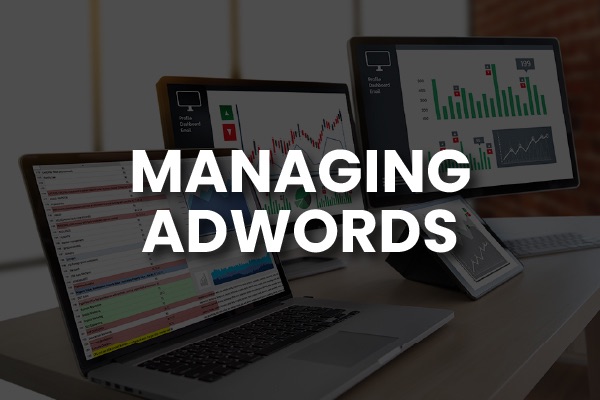
One of the best things Google did when they started the Pay Per Click revolution was they made it available to everyone. Any business owner if they chose could go in, create an AdWords account, set their geography, pick their keywords, and it’s off to the races. Of course, it’s also one of the worst things they did.
During this series, we are taking a deep dive into how AdWords actually works and why your bid isn’t the most important thing to pay attention to.
Why Is Quality Score So Important In PPC?
Our last post talked about what Google’s trying to accomplish and how AdWords works. This time, we will learn about why you need to be paying so much attention to your quality score.
One of the first things to do is to clear up some important misconceptions about quality score. Google’s PPC algorithm gives each keyword in your AdWords account a new quality score every time it is submitted for auction. So every time a user does a search for a keyword you have in your account, your quality score is recalculated for individual auction. The misconception that quality score is an account level or adgroup level thing is dangerous since it gives someone not paying enough attention to detail a false sense of security. The same goes for the misconception that a quality score is set for a period of time, such as monthly. Quality score is fluid, constantly changing.
There are three main components that affect your quality score:
How relevant is the text in your Ad to the Keyword searched?
Here is where you begin to understand how much attention to detail is required to manage an Adwords Campaign properly. If a plumber just lumps all their keywords together under one Ad that says “I’m the Best Plumber in Ft. Worth, Texas” How can he expect a good quality score when that ad is placed in front of someone who just searched for Water Heater Repair in Dallas?
How Relevant is the content on the Landing Page to the Keyword searched, and how good will the user’s experience be when he lands on that page?
This is one of the biggest mistakes made by people trying to manage PPC accounts themselves. As with the example above, what is more relevant to the search, that plumber’s homepage, or the water heater repair page? Wouldn’t the consumer who just searched for “water heater repair” be better served by landing on a page that talks about exactly what he’s searching for? Why make him search around your site for it?
Also, will the user have a good experience on that page? Will it load quickly enough so the user doesn’t become frustrated? Will the promises you made in the ad be fulfilled by the information they find on the page? Is the page mobile responsive so a mobile user will be able to read it easily?
What Click Through Rate does this Ad get when displayed for this keyword when searched from this geography?
Notice the detail there. Search Engine Marketing experts often talk about the importance of Click-Through-Rate. It is the single biggest factor in determining your quality score, and although Google does not publish the details of exactly how the algorithm scores all the factors they look at, it is very clear that click through rate is far and away the biggest, most important thing it looks at. If you think about it, it makes sense. This is the only actual human factor the algorithm can measure. How often is the ad displayed for a particular search over how often it is clicked when displayed? If an ad is clicked very often when displayed for Italian Restaurant near me, then people must connect with it and want to see what’s behind it, so it must be a good result for that search. It’s important to remember that Google’s Algorithm, as smart as it is, doesn’t speak English. It speaks mathematics.
Click through rate is calculated at a per ad per keyword level though, not at the AdGroup or Account level. It’s another misconception that costs AdWords investors a LOT of money in wasted spend.
Check back with us next time when we conclude this series by talking about what can be done to improve your quality score and examine the effect an improved quality score has on the end result.



